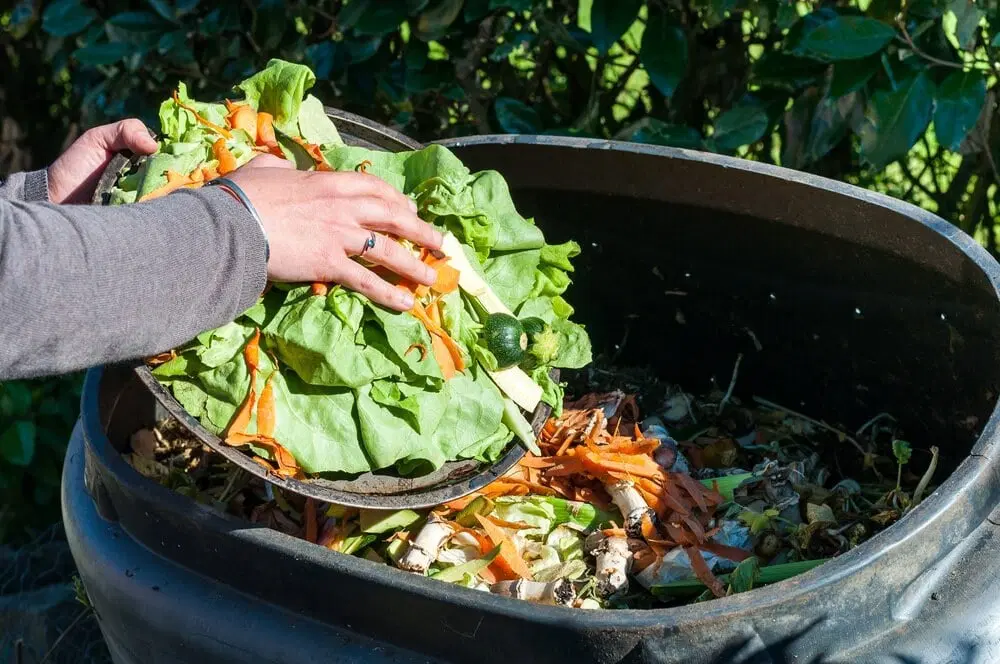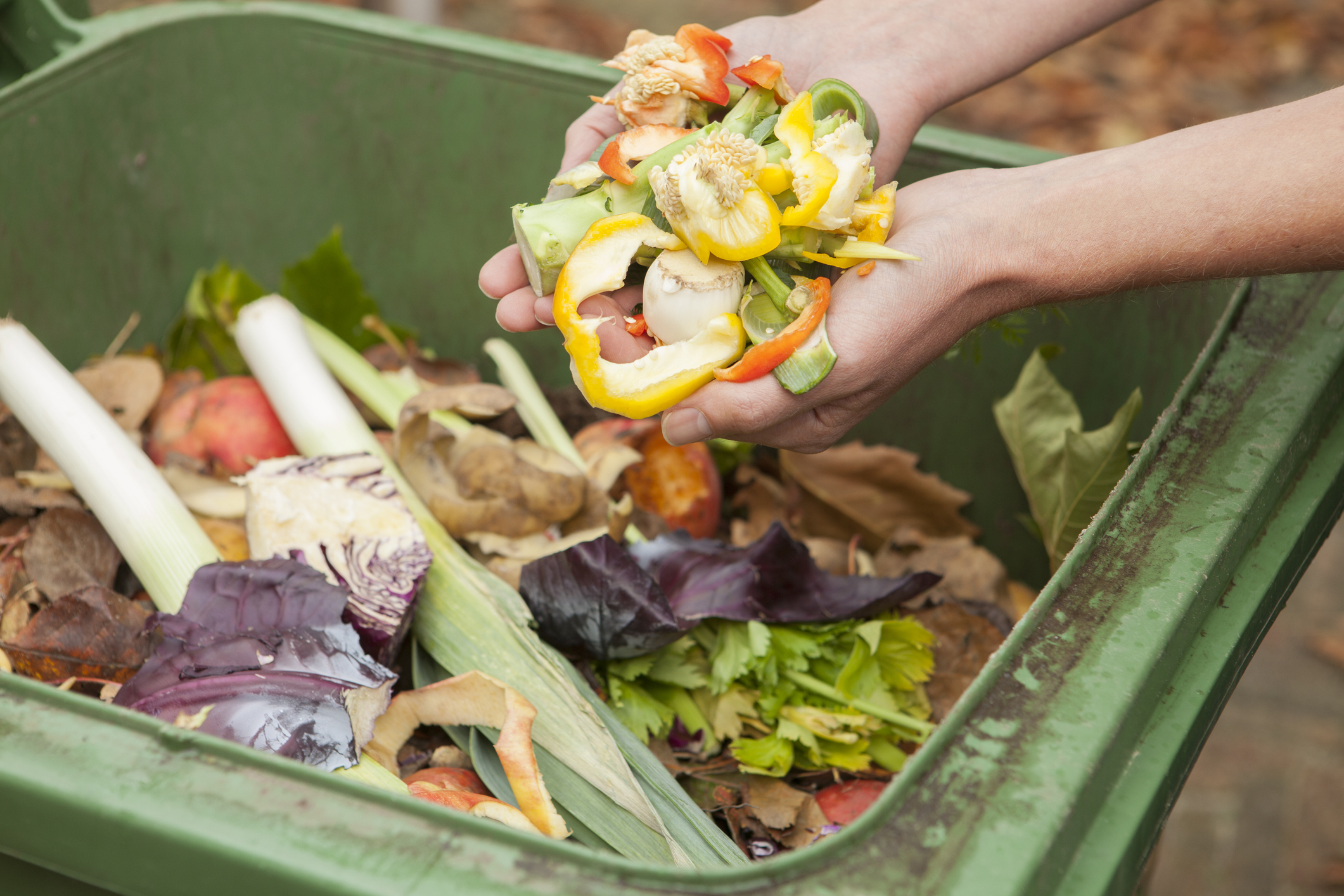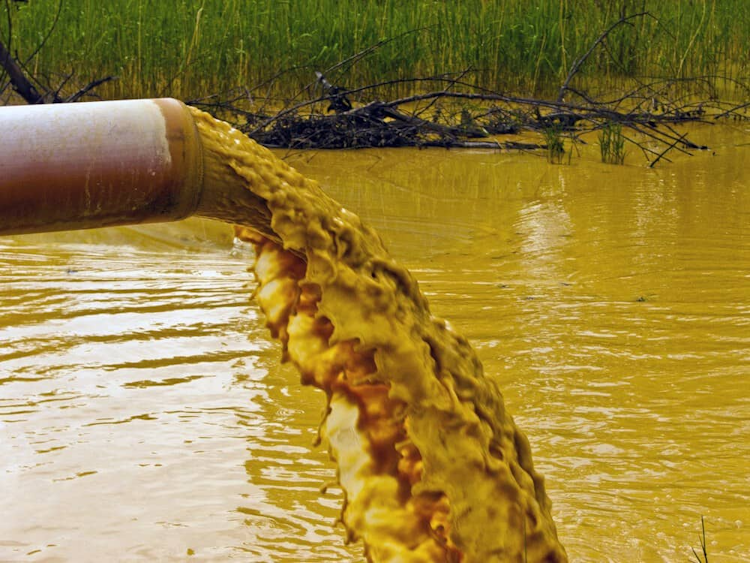Introduction
Organic waste management is an important topic in the United States, as the country generates a significant amount of waste each year. Organic waste, such as food scraps and yard waste, can be recycled or composted to reduce the amount of waste sent to landfills. In this blog post, we will explore the current state of organic waste management in the US and some of the initiatives that are being implemented to reduce organic waste.
Current State of Organic Waste Management in the US
According to the Environmental Protection Agency (EPA), organic waste is the largest component of the municipal solid waste (MSW) stream in the US, accounting for 30% of the total waste generated each year. In 2018, the US generated 292.4 million tons of MSW, of which 69 million tons was organic waste. However, only about 5% of the organic waste generated in the US is currently being recycled or composted.
The majority of organic waste in the US is currently sent to landfills, where it decomposes and releases methane gas into the atmosphere. Methane is a potent greenhouse gas that contributes to climate change, and landfills are one of the largest sources of anthropogenic methane emissions in the US. Therefore, reducing organic waste in landfills is a critical component of efforts to address climate change.
Initiatives to Reduce Organic Waste in the US
There are several initiatives currently underway in the US to reduce organic waste and increase recycling and composting. Some of these initiatives include:
State and Local Laws and Regulations
Several states and cities in the US have passed laws and regulations to encourage or require the recycling and composting of organic waste. For example, California has a goal of diverting 75% of its waste from landfills by 2020, and has passed laws requiring businesses and residents to separate organic waste for recycling. Other states and cities, including New York City and Seattle, have implemented similar regulations.
Food Recovery Programs
Food recovery programs are initiatives that aim to recover edible food that would otherwise go to waste and distribute it to those in need. These programs can help reduce organic waste and alleviate food insecurity. For example, Feeding America is a national organization that partners with food banks and other organizations to recover and distribute food to those in need.
Composting Programs
Composting is the process of breaking down organic waste into a nutrient-rich soil amendment that can be used to improve soil health and grow plants. Composting programs are becoming increasingly popular in the US, and many cities and towns now offer curbside collection of food scraps and yard waste for composting. Some businesses and institutions, such as universities and hospitals, have also implemented composting programs.
Anaerobic Digestion
Anaerobic digestion is a process that involves breaking down organic waste in an oxygen-free environment to produce biogas, which can be used as a renewable energy source. Anaerobic digestion facilities can accept a wide range of organic waste, including food scraps, yard waste, and animal manure. Several states, including California and Massachusetts, have implemented policies to encourage the development of anaerobic digestion facilities.
Benefits of Organic Waste Management
Reducing organic waste and increasing recycling and composting can provide several benefits, including:
Reduced Methane Emissions
As mentioned earlier, organic waste in landfills decomposes and releases methane, a potent greenhouse gas. By reducing organic waste in landfills and increasing composting and recycling, we can reduce methane emissions and mitigate the effects of climate change.
Improved Soil Health
Composting organic waste produces a nutrient-rich soil amendment that can be used to improve soil health and increase plant growth. This can lead to healthier crops and more productive gardens.
Reduced Waste Disposal Costs
Landfills can be expensive to operate and maintain, and reducing the amount of waste sent to landfills can save municipalities and businesses money. In addition, composting organic waste can be less expensive than landfilling, as it requires less equipment and maintenance.
Job Creation
The development of composting and anaerobic digestion facilities can create jobs in the waste management and renewable energy sectors. For example, a report by the Institute for Local Self-Reliance found that anaerobic digestion facilities can create 35 times more jobs than landfilling.
Reduced Water Pollution
Organic waste in landfills can leach into groundwater and surface water, polluting streams and rivers. By reducing the amount of organic waste in landfills, we can help protect water quality and aquatic ecosystems.
Increased Resource Conservation
Composting and recycling organic waste can help conserve natural resources, such as water and fossil fuels. For example, composting food waste reduces the need for synthetic fertilizers, which can be energy-intensive to produce and can contribute to water pollution.
Conclusion
Organic waste management is an important issue in the US, and reducing the amount of organic waste sent to landfills can provide several benefits, including reduced greenhouse gas emissions, improved soil health, cost savings, job creation, and resource conservation. While there are several initiatives underway to reduce organic waste, there is still much work to be done to increase recycling and composting and promote sustainable waste management practices. By working together, we can reduce our environmental impact and build a more sustainable future.





